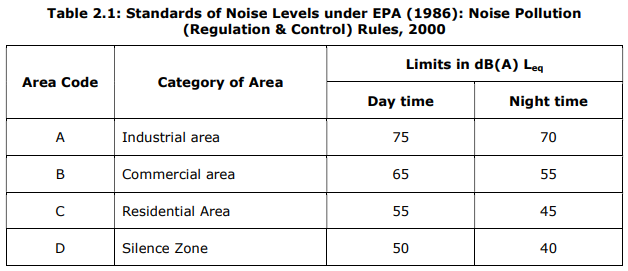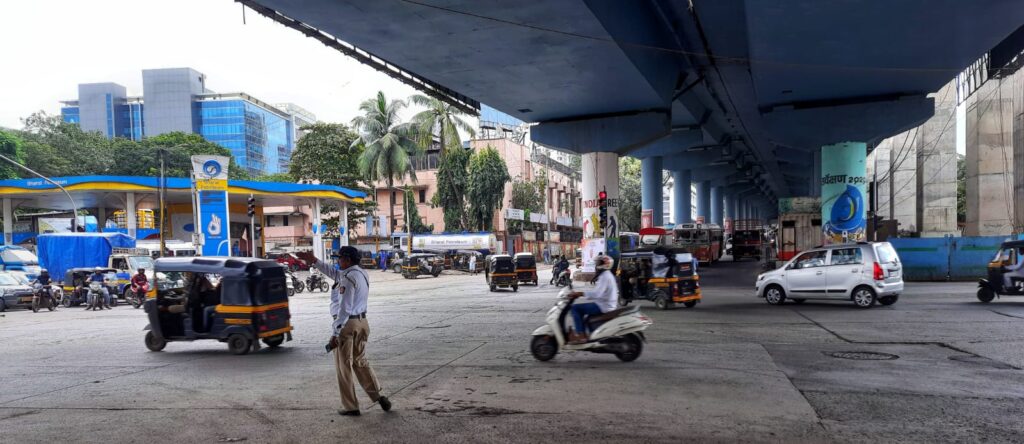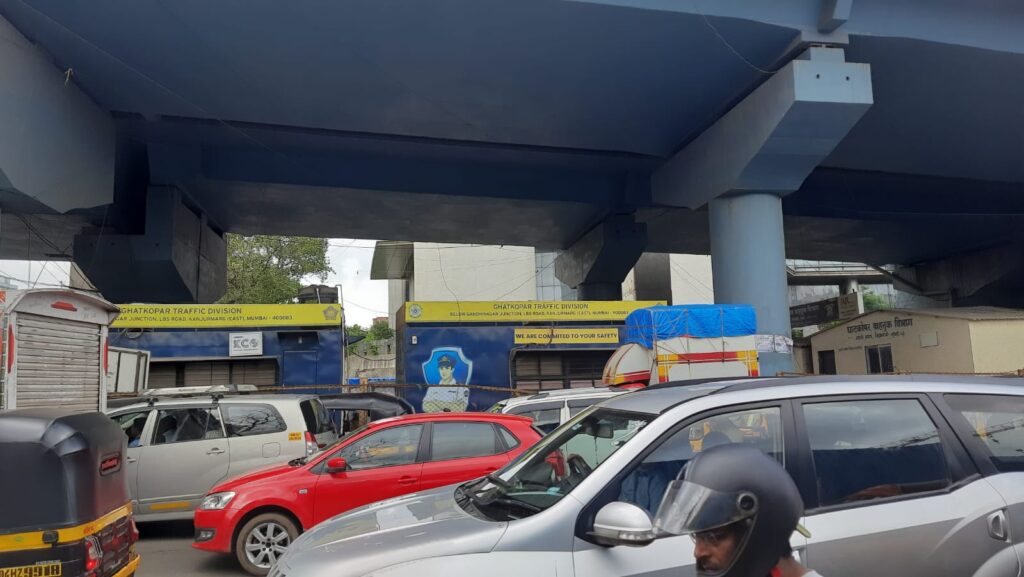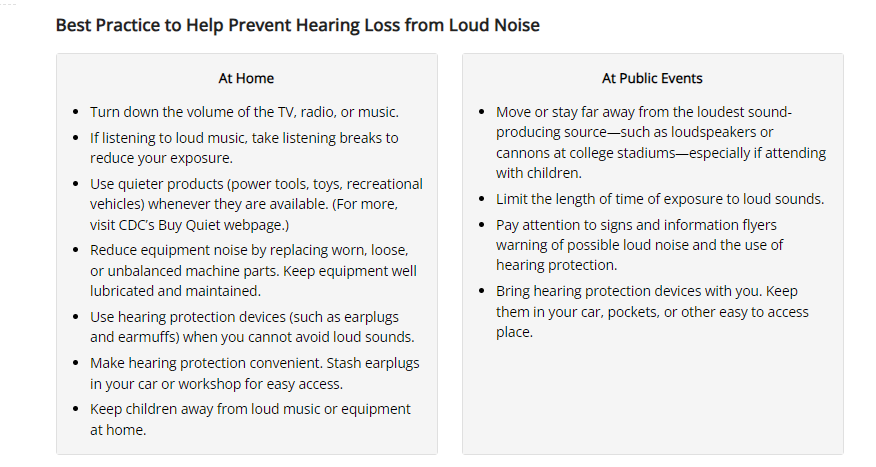The Mumbai Traffic Police declared the 9th and 16th of August this month as ‘No Honking Day.’
In a metropolis like Mumbai, where people spend hours in traffic, honking has become a habit that refuses to go. Not only is honking ineffective to navigate the traffic, it is also a major contributor for noise pollution on Mumbai roads.
According to WHO, noise levels above 65 DB are classified as noise pollution.
Worst affected junctions
Some of the worst affected areas in Mumbai are Sakinaka junction, Md. Rafi Chowk, Bandra West, Ahilyabai Holkar Chowk or Churchgate Junction, Vatsalabai Desai Chowk or Haji Ali Junction, Kotwal Chowk, Dadar, Kurla West station. All of them are major spots of commute for working citizens in Mumbai, informs joint commissioner of traffic police Pravin Padwal.

Additionally, a report on ambient noise monitoring in metropolitan cities in 2020-21 by the Maharashtra pollution control board revealed that the noise levels were at a peak with 76.8 dB (A) at Santacruz Airport, 77.9 dB (A) at Goregaon east. During night time the highest noise was measured at Antop Hill with 65.0 dB (A) and 69.7 dB (A) at Santacruz airport. In all, 15 locations were monitored.

Why a ‘No Honking Day’
Mumbai had its first ‘No Honking Day’ in 2008, which was organised by the traffic police in collaboration with Awaaz Foundation, an NGO that works to reduce noise pollution in the city.
After a break during the pandemic, it has started again, mainly to spread awareness among all vehicle users. On August 9th 2023, around 2150 cases of honking were registered and 152 cases were reported against the silencers. The citizens, who violated the rules of honking, paid a fine of Rs 1000 for the first violation and Rs 2000 for the second violation.
“Motorists think that honking can increase the speed of vehicles, which makes them honk unnecessarily. We have received many complaints regarding noise pollution, especially from senior citizens and children. This habit of unnecessary honking will not go away easily. That is why we are spreading awareness by declaring ‘No Honking Day’,” said senior officer Padwal.
Health problems due to noise
The Frontiers 2022 report, on emerging issues of environmental concerns under the United Nations Environment Program, shows Europe’s data on how long-term exposure to environmental noise led to 12000 premature deaths and 48000 new cases of ischaemic heart disease. It also left 22 million people getting affected by chronic noise annoyance.
“Long-term exposure to noise pollution is a major, growing environmental issue that affects the mental and physical health of all age groups. Not only does it cause sleep disturbance, annoyance and headaches, but it is also increasingly understood as a risk factor that can contribute to the development of hypertension, coronary heart disease, diabetes and irreversible hearing damage,” says the report.
India is double the population of Europe and Mumbai being one of the most populated cities undoubtedly has cases of health issues arising due to noise pollution. However, there is a lack of research and data on the subject of noise pollution affecting human health.
Read more: Soaring noise levels during Ganesh festival underlines the need for citizen action
“Head and ears start hurting, there is so much noise. At the time of Covid-19, we got used to not listening to the environmental noise for two years, but it is back now. One can’t even visit a doctor for poor health caused by noise, it is not considered normal. Nobody goes to the doctor saying they have headache due to noise, which should not be the case,” says Monica D Costa, a 63-year-old citizen, who lives near Gandhinagar flyover, Kanjurmarg.
The noise impacts the health in many ways but it is often neglected. It is considered to be a normal phenomenon until the impact on health gets worse.
The traffic police receive several complaints regarding noise pollution. The majority of complaints are from senior citizens and students, says senior officer Padwal.
Areas within 100 metres of hospitals, educational institutions and courts come under silent zones. 2,960 areas statewide were declared as silent zones under the Noise pollution regulation and control rules, 2000. A sound level above 50 decibel in the daytime and 40 decibel during the night is not permitted in areas marked as silent zones.

No Honking Day should be practised regularly
“Any action such as declaring a ‘No Honking Day’ is good for the start, but it is not near enough to deal with the problem. There should be awareness that driving without honking is possible in Mumbai,” says Sumaira Abdulali, founder of Awaaz Foundation. “The problem is that the driving school itself teaches the citizens to horn. More priority should be given to the No Honking campaign like any other campaign taken up by Mumbai traffic police, but it is neglected.”
Sumaira also pointed out the hazardous impact of noise on the health of traffic police as they are the ones, who are exposed to it all day.
Keep calm and drive on
Below mentioned is the Centre for disease control and Preventions advice on best practices to follow for preventing hearing loss from loud noise.
However, to prevent honking while driving requires sustained efforts from citizens and the traffic police. Next time, you think of honking your way through traffic, just remember the impact it has on your health and the health of people around you.
